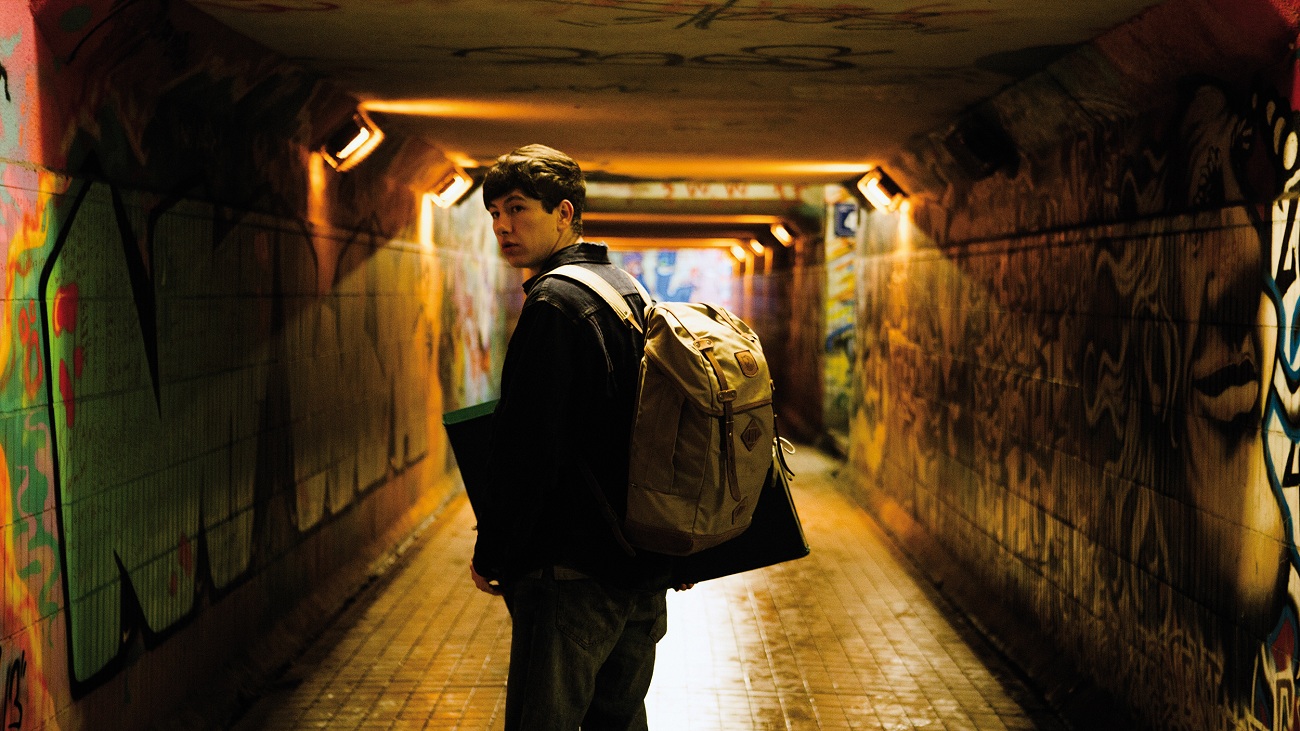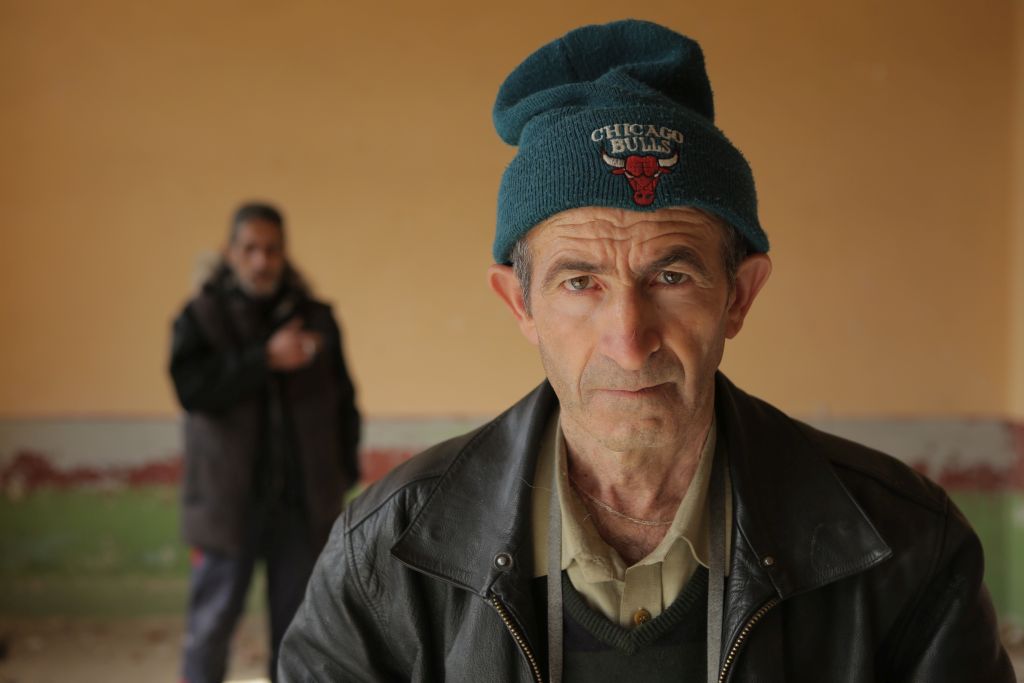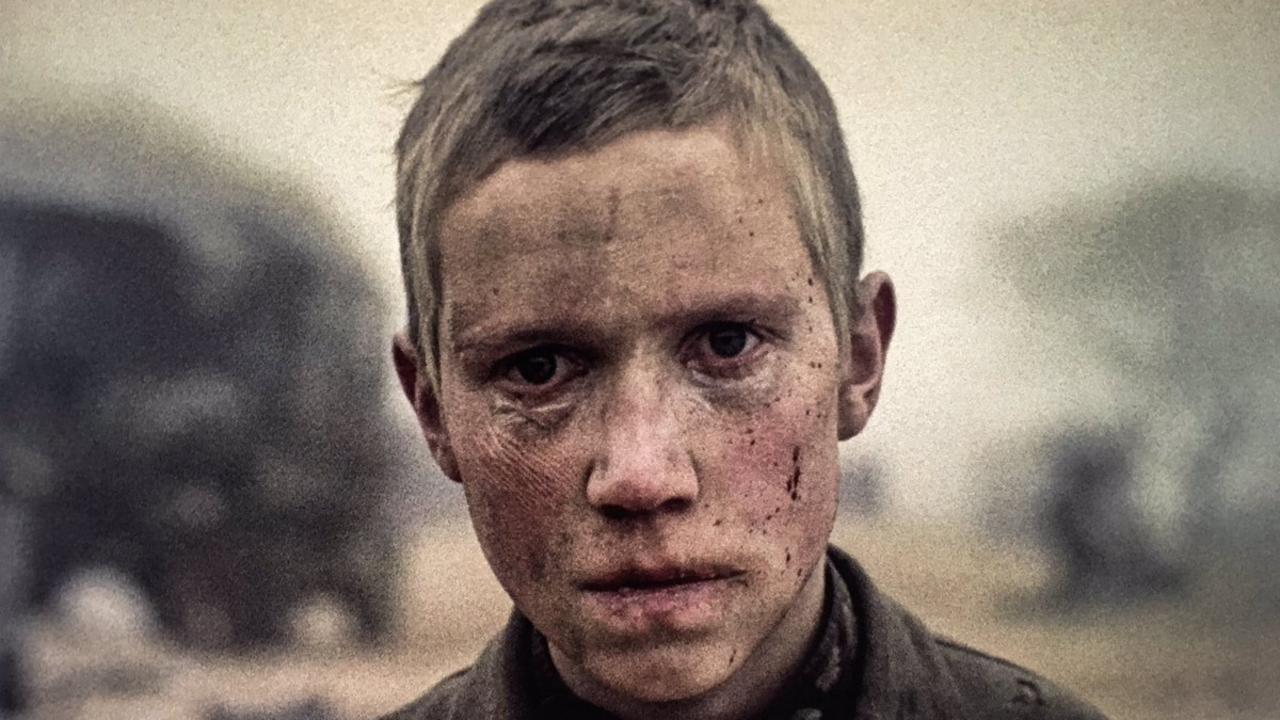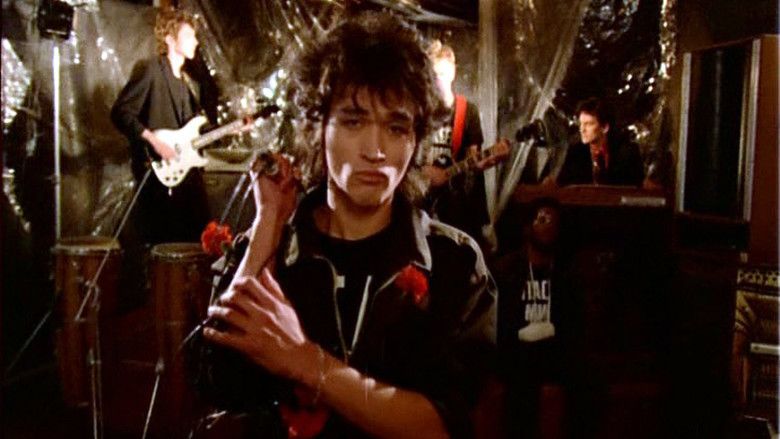The best Bulgarian productions of the past two years and a few important titles of theSoviet cinema will be screened in the sections Focus Bulgaria and Back in the USSR, at the 17th edition of the Transilvania International Film Festival.
Focus Bulgaria proposes a selection made up of eight titles of the latest generation of Bulgarian auteurs, starting with Directions (directed by Stephan Komandarev), presented at Cannes in 2017, in the Un Certain Regard section. The film offers

an original perspective, imbued with sarcastic humor, on the dysfunctions of contemporary Bulgarian society, using night fares picked up by Sofia taxi drivers as its vehicle. Secrets and intimate details of priv
ate lives come to light in Omnipresent (directed by Ilian Djevelekov), the story of a man obsessively spying on his family, friends and employees with hidden cameras.
In Godless, a nurse sells the identities of her elderly patients on the black market. Ralitza Petrova`s debut feature captures the last crumbs of humanity in a devastated, corrupt and hopeless landscape and received the Golden Leopard at the 2016 Locarno Film Festival. receiving one year later the same award of the Cineasti del Presente section, 3/4 is an intimate study on family and on life`s flaws and imperfections. Following the dysfunctional relationship between a father and his two children, the feature debut of Ilian Metev tells the delicately balanc
 ed story of one last summer spent in the family.
ed story of one last summer spent in the family.
Rouzie Hassanova`s Radiogram also deals with a father-child relationship; it was inspired by the director`s personal memories and in 2018 it received the Audience Award at the Sofia Film Festival. Set in the 1970s, when Western music was considered a threat by the Eastern Bloc regimes, the story follows the adventures of a parent who wants to share the joys of rock-n-roll with his son. Konstantin Bojanov`s Light Thereafter explores love and liberation through art by looking backwards at the initiation voyage of misunderstood young man in love with painting, looking for his idol and eventually finding himself.
Two of the best Bulgarian documentaries of recent years, Tonislav Hristov`s The Good Postman and Tzvetan Dragnev`s Village People, deal with every

day life in contemporary rural communities. The former follows the politics of a border town in which the postman decides to run for office on a platform dealing with migrants and refugees. The latter looks tenderly at the fears, joys, hopes and obsessions of ordinary people of no readily apparent importance. Back in the USSR is the opportunity of the TIFF.17 audience to (re)discover on a big screen newly restored digital copies of films that were box office successes in the 1980s not only in Romania, but in the entire socialist bloc. Serghei Solovev`s ASSA (1987) is a historic rock manifesto that influenced entire generations.
Elem Klimov`s Come and See (Idi i smotri, 1985) is considered to be one of the most devastating
 works in the history of cinema. It took eight years for the production to be approved by the Soviet authorities – even though on the surface the subject is the resistance against German forces.
works in the history of cinema. It took eight years for the production to be approved by the Soviet authorities – even though on the surface the subject is the resistance against German forces.
Another Soviet cult-film that enjoyed international recognition, as well as tremendous popularity in Communist Romania is Vladimir Menșov`s Moscow Does Not Believe in Tears (Moskva slezam ne verit, 1981). Winner of the Best Foreign Film Oscar in 1981, it follows the dreams, wishes and disappointments of three young workers.Another film dear to even those among us who were very young in the 1980s is Eldar Riazanov`s 1982 Cannes premiere Station for Two (Vokzal dlya dvoikh, 1982), a bitter-sweet love story between a railway station restaurant waitress, played by the legendary Ludmila Gurcenko and a pianist unjustly accused of a crime. Another nostalgic return to the early days of break dance is featured in Karen Șahnazarov`s Courier (Kuryer, 1986)
In Roman Balayan`s Flights in Dreams and in Reality (Polyoty vo sne i nayavu, 1982), produced by Dovjenko, a 40th birthday throws the protagonist masterfully interpreted by Oleg Iankovschi into a middle age crisis.

 ed story of one last summer spent in the family.
ed story of one last summer spent in the family.

 works in the history of cinema. It took eight years for the production to be approved by the Soviet authorities – even though on the surface the subject is the resistance against German forces.
works in the history of cinema. It took eight years for the production to be approved by the Soviet authorities – even though on the surface the subject is the resistance against German forces.